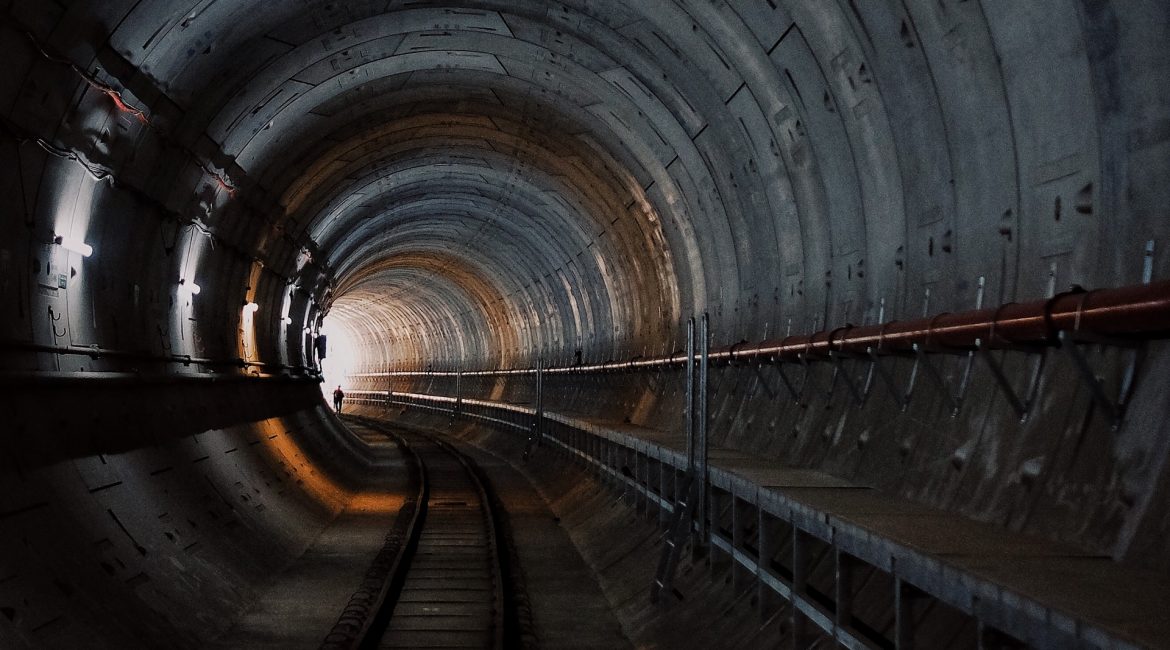One Big Thing
There has been a lot of COVID news to digest in recent days so I thought it would be helpful to put together a quick summary of what is going on.
On the infection side, things are undeniably bad and getting worse. We have now seen over 11 million cases in a 6 day period and that pace is accelerating. If you think that is just a function of more testing, it is not. Hospitalizations have also hit an all-time high, eclipsing the darkest days of March. Again, these numbers are very much headed in the wrong direction. This will only get worse as we head into the holiday season and people spend even more time indoors in larger groups. Yes, politicians will try to issue directives about avoiding gatherings. However, they are almost completely unenforceable. In addition, public trust has eroded substantially since the spring due to rank hypocrisy when it comes to personal choices and looking the other way when a lack of social distancing suits a favored political purpose.
The news on the vaccine side of things is much more positive. We now have two vaccines that will start to be distributed by year end that have been over 90% effective in tests. The best part about yesterday’s Moderna news was that not only that the vaccine was a whopping 94.5% effective in trials but that it won’t require the type of extreme cold storage that will make Pfizer’s version difficult to distribute. This is great news but the reality is that most Americans won’t likely be able to receive either of these drugs until at least the 2nd quarter of 2021.
When the first domestic outbreak hit in March, we were poorly prepared from a medical standpoint. PPE wasn’t readily available, the virus was too new to have any sort of knowledge of effective treatments and we were left with a scrape-it-together, trial and error approach where medical professionals were ill-equipped to deal with the onslaught of sickness. At the same time, the Fed and Treasury/Congress came through with a shock and awe monetary and fiscal stimulus that flooded the system with liquidity and averted a deeper economic catastrophe.
I believe that we are about to experience the exact opposite response that we did in the March outbreak. This time around, we will not run into the issues with PPE, mask wearing is already mainstream and people are – by and large – more accustomed to social distancing. In addition, much more is known about the virus and how to treat it, meaning that COVID patients who are admitted to the hospital are more likely to survive than they were previously.
However, on the financial side, the Federal Reserve has largely shot its shot and, while I could see them extending emergency programs, its difficult to see much other action beyond leaving rates low and perhaps asset purchases. The federal government seems a lot less likely to provide anything close to the sort of fiscal support that we saw in the spring when a combination of $1,200 checks, PPP lending and enhanced unemployment benefits managed to keep the country afloat. I, for one am amazed that none of these programs have been extended or re-upped (even in an election year!) and can’t imagine that we will see much happening soon with a rather large lame duck population in DC until mid January.
Back in March, the Federal Reserve and Treasury/Congress came through while we struggled to deal with the virus. This time around, it seems as though our healthcare workers are largely on their own as Washington dithers and the Fed searches for more ammo. The end is in sight with effective vaccines on the way but the tunnel that runs from mid-November to the 2nd quarter of 2021 is dark and full of hazards.
Stay safe out there.
What I’m Reading
Falling Behind: According to a new study by the Federal Reserve Bank of Philadelphia, California renters will owe their landlords $1.7 billion in back rent by the end of 2020. An estimated 240,000 renter households in California are behind on rent, with an average debt of $6,953. The Real Deal
Approaching Wave: Post-election, there has been a surge in foreign investor interest in the US real estate market. Bisnow
End of the Line: Regular state unemployment benefits are expiring for many Americans who have been out of work for months and transitioning to the Pandemic Emergency Unemployment Compensation (PEUC) program, which provides 13 extra weeks of support. This means that declines in continuing claims are exaggerating the improvement in the employment picture since many of those that drop off rolls are moving to an extended unemployment program rather than going back to work. Axios
The Mother of Invention: One of the few bright spots in the restaurant industry right now are ghost kitchens. These delivery-only restaurants, which have proliferated rapidly during the pandemic, could change the way the industry does business for years to come. Eater
Can’t Stop. Won’t Stop: Defaults on risky high-yield municipal bonds are way up. However, fixed-income returns that come with a tax break have become so precious to affluent American households that they are willing to overlook a spike in defaults and growing reports of repayment trouble. Wall Street Journal
Chart of the Day
This is pretty incredible. I would have guessed that Walmart would be quite a bit closer.

Source: Visual Capitalist
WTF
Roadside Attraction: A couple was arrested for having sex on the side of a major road, in the open on a Saturday afternoon because Florida. The Smoking Gun
Bad Trip: A man who was (allegedly) high on LSD tackled a Disney security Cast Member in DinoLand USA at Disney’s Animal Kingdom and reportedly put the cast member in a headlock because Florida. Blog Mickey
Basis Points – A candid look at the economy, real estate, and other things sometimes related.
Visit us at RanchHarbor.com




